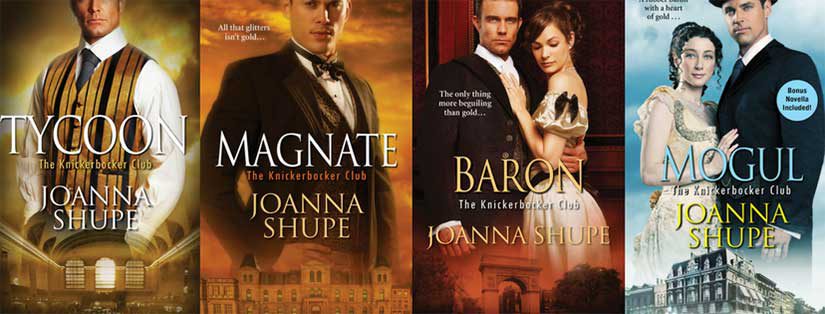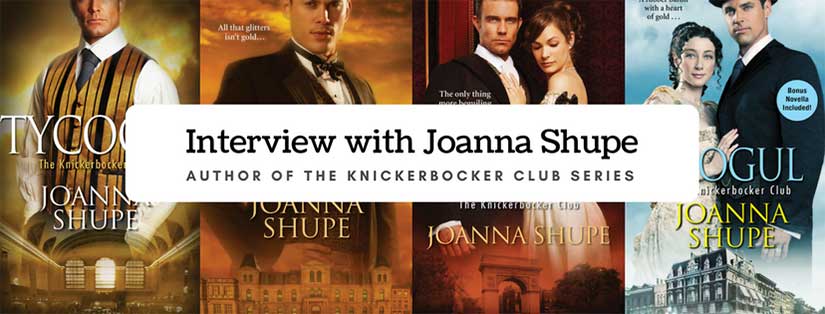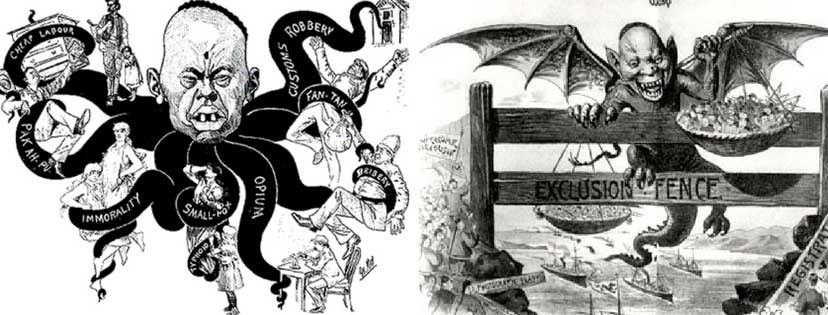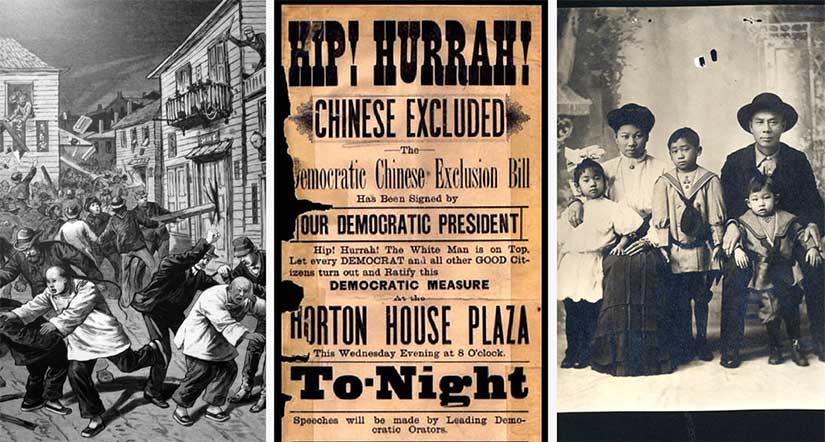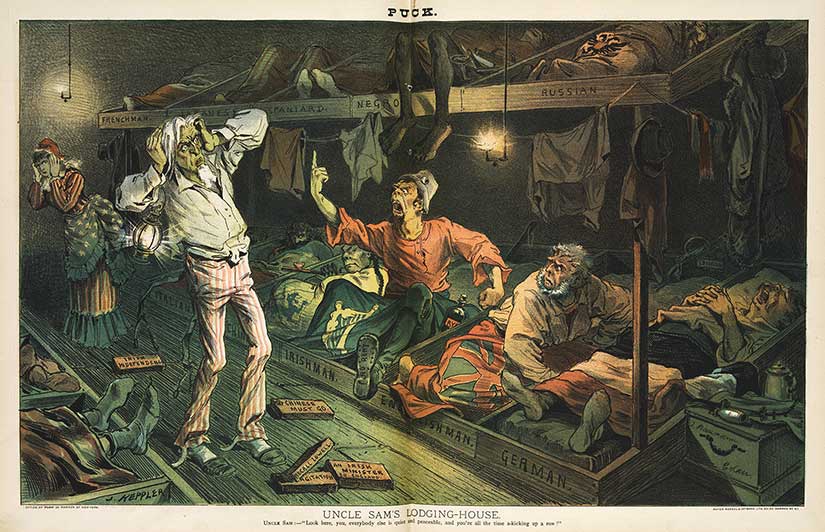The RT Booklovers Convention is an industry trade show more than writers’ convention. As a result, there are more bloggers, publicists, readers, and vendors than you’ll see at an average RWA event, which takes some focus off the craft of writing in favor of the business and marketing side of things. (And there’s lots of fangirling. See my previous post.) But RT does have craft workshops, even if these tend to be author discussion panels rather than instructional presentations. Learning happens! Let me prove it to you:

Piper Huguley lead a solo workshop called “What’s in a Name?” in which she discussed onomastics, the linguistic field that studies the origins and history of personal names. She discussed considerations in naming your characters, but she went well beyond online tools—though she gave some of those, too, and I’ve added a few to my character tools site. But her sociological lessons captivated me most. For example, she talked about the history and derivation of gender crossover names. Did you know that Ashley, Beverly, Shirley, and Joyce were originally boys’ names? Many only crossed over to girls in the latter half of the twentieth century. Some are just crossing over now, like Mackenzie and Wyatt. Why? According to Huguley, names can be a symbolic armor or protection. If you have one child, and you want to give her the strongest chance at a successful life in a male-dominated society, you might give her a boys’ name. And there are “born to win” names, taken up by the African-American community when their children could not get the respect they deserved in white society. Earl, for example. Or Lloyd (for Lord). Or Piper’s relative, King Huguley. Or her character Champion Jack. Or Prince. “The Artist Formerly Known as Prince” was a legal name change forced by Prince’s dispute with Warner Bros music, but Prince itself was born that way. Prince’s father had the stage name Prince, and he gave it legally to his son—Prince Rogers Nelson—because “I wanted him to do everything I wanted to do.” Shivers, right?

Alisha Rai, HelenKay Dimon, and Sonali Dev led a workshop on “Heroines: You Can Have It All.” They brought up an issue that has always been prickly to me: the “TSTL” (“too stupid to live”) criticism. Readers can be hard on heroines, especially ones who make mistakes. Yet, as HelenKay pointed out, sometimes our characters have to make the wrong choices, especially if those errors fit the character or situation. The key is to allow your heroine to be strong in other ways. Alisha talked about this in terms of “competence porn,” à la My Crazy Ex-Girlfriend. In that wonderful show, Rebecca Bunch (Rachel Bloom) is an utter mess with relationships, but she is a bloody brilliant lawyer. Actually, she is a casually brilliant lawyer because it almost seems to take no effort. She’s just that good. She puts relatively little thought into her job until she needs to save the day, and then—whoosh, she’s stunning. When the show goes back to her personal life, though, she is still a freaking mess. She’s a relatable heroine, but still one we admire (most of the time). Sonali Dev talked about a different problem: turning the reader’s knee-jerk pity into a heroine’s weapon. Instead of making her heroine Mili a stereotypical child bride, she let Mili own it. Mili essentially says, “Okay, I’m a child bride—promised but not yet married. And instead of pouting about it right now, let me use that status to get educated and do what I want to do first.” This kind of nuance is really inspiring.

Another great workshop was “Bangin’ Hot Betas” with Karen Stivali, Vanessa North, Annabeth Albert, and Tamsen Parker. They write hot, hot books—and they give good workshop, too. The big point was that beta does not mean boring. In fact, you can mine more complexity with a beta character but still get all the feels. The “let me teach him a thing or two in the bedroom” is pretty sexy, if you think about it. Betas can be more self-aware, more concerned for their partner’s needs, and more vulnerable. The authors acknowledged that pitching a beta hero is difficult, but their advice was to focus on what is awesome about the hero. Don’t highlight the beta bit—just write it that way. Like any book, get the tension and stakes high. Write it with the best dialogue and the hottest romance, and use those attributes to market the book. The reader may not even know why she loves the hero so much, but the point is that she does!

I also loved the “Historicals: Welcome to Americana” workshop, but my notes were a little more sparse because I was too awestruck to really process everything that was being said. Why? Let me tell you the panel: Beverly Jenkins (our 2018 NECRWA Master Class presenter!), Alyssa Cole, Piper Huguley, Joanna Shupe, Kianna Alexander, and Kate McMurray. The latter two I have not read yet, but I plan to. They talked about all sorts of issues I care about, including the need to allow for a more representative slate of characters in more varied time settings, especially in American history. Ms. Bev said that a reader once told her that she couldn’t imagine an HEA between African-Americans in the nineteenth century. Ms. Bev rightly pointed out: “Even in the toughest times, people still love, still have birthday parties, still have picnics.” So true. While we all love our Regency historicals, we have to acknowledge that the real Regency period was one engulfed in war. We don’t get that in our costume dramas, which are significantly based upon Georgette Heyer’s description of the Regency rather than real history. For example, even Jane Austen spent much of her life not in the bucolic countryside—or even in Bath—but in Southampton, a “dock town filled with public drunkenness, street prostitution, and violence.” If you, like me, appreciate a little real history thrown into your entertainment, Camille Hadley Jones and I discuss this kind of thing in our new Facebook group, History Ever After. Come on by!

There were many great reader events, but one that really stood out was the Smart Bitches, Trashy Books Reader Recommendation Party. Here’s how it went: the Bitches gave a book recommendation each—with reasons—and then we readers got a chance. Sarah Wendell came around with her mic and briefly interviewed us on what we liked and why. Here’s the thing: Sarah is funny. Correction: Sarah is freaking hilarious. I imagine that doing a podcast for so long has sharpened her quick wit, but part of it is talent, plain and simple. What fun! Those who made recommendations got extra raffle tickets. (We had each started with one, if you were keeping score.) After a bunch of book recs, raffle prizes were awarded. Then rinse and repeat. I got to give one recommendation—just one, and it was so hard to choose! But I had to pimp #romanceclass, so I chose one that had both Manila and millennial feels, so I went to one of my favorites: Mina V. Esguerra’s Iris After the Incident. There was a lot of good book noise (“oooohhh”) when I described it, so I hope lots of people bought it! If you want to know more, read my review here.
These were just a few of the offerings in Atlanta. If I did not mention a panel or workshop, I probably just could not get to it. Despite all the awesomeness above, I actually spent most of my time at marketing or industry workshops, which will be the subject of my next post. Stay tuned!
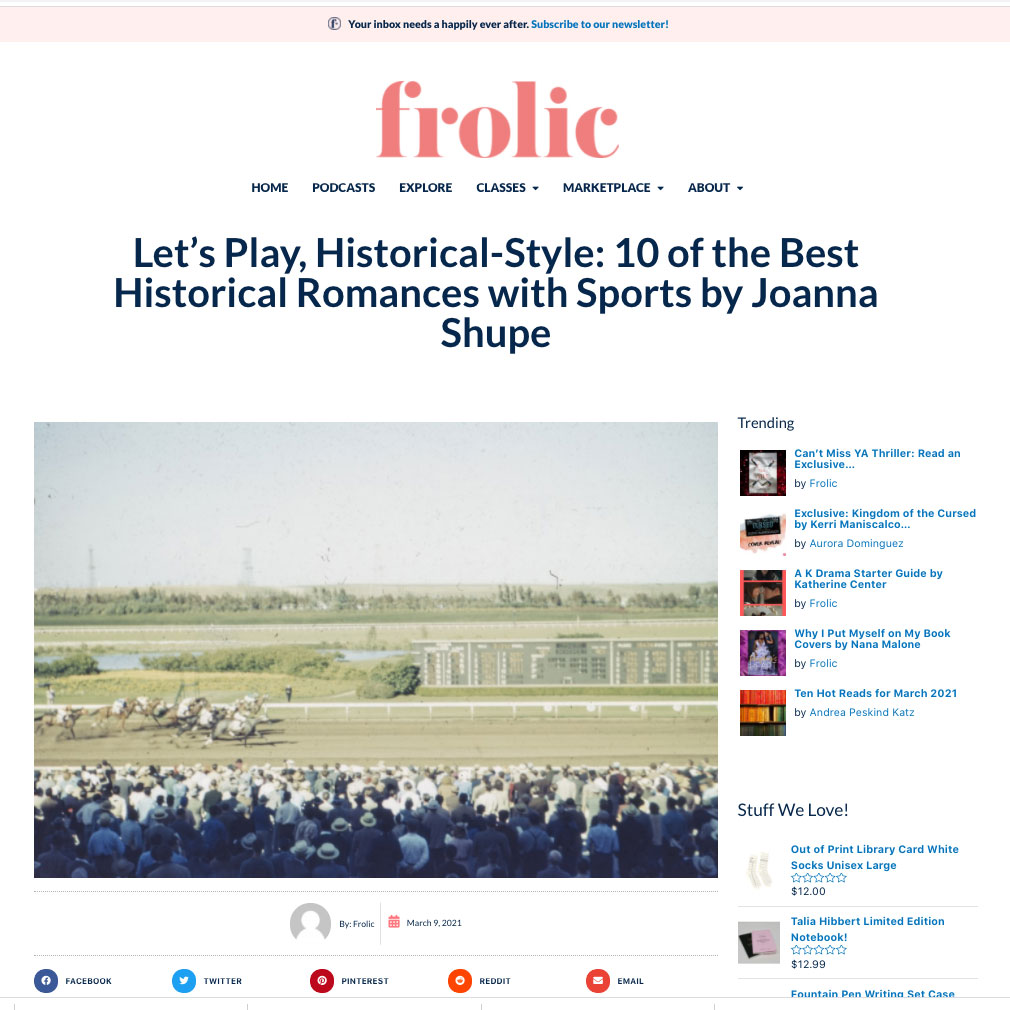
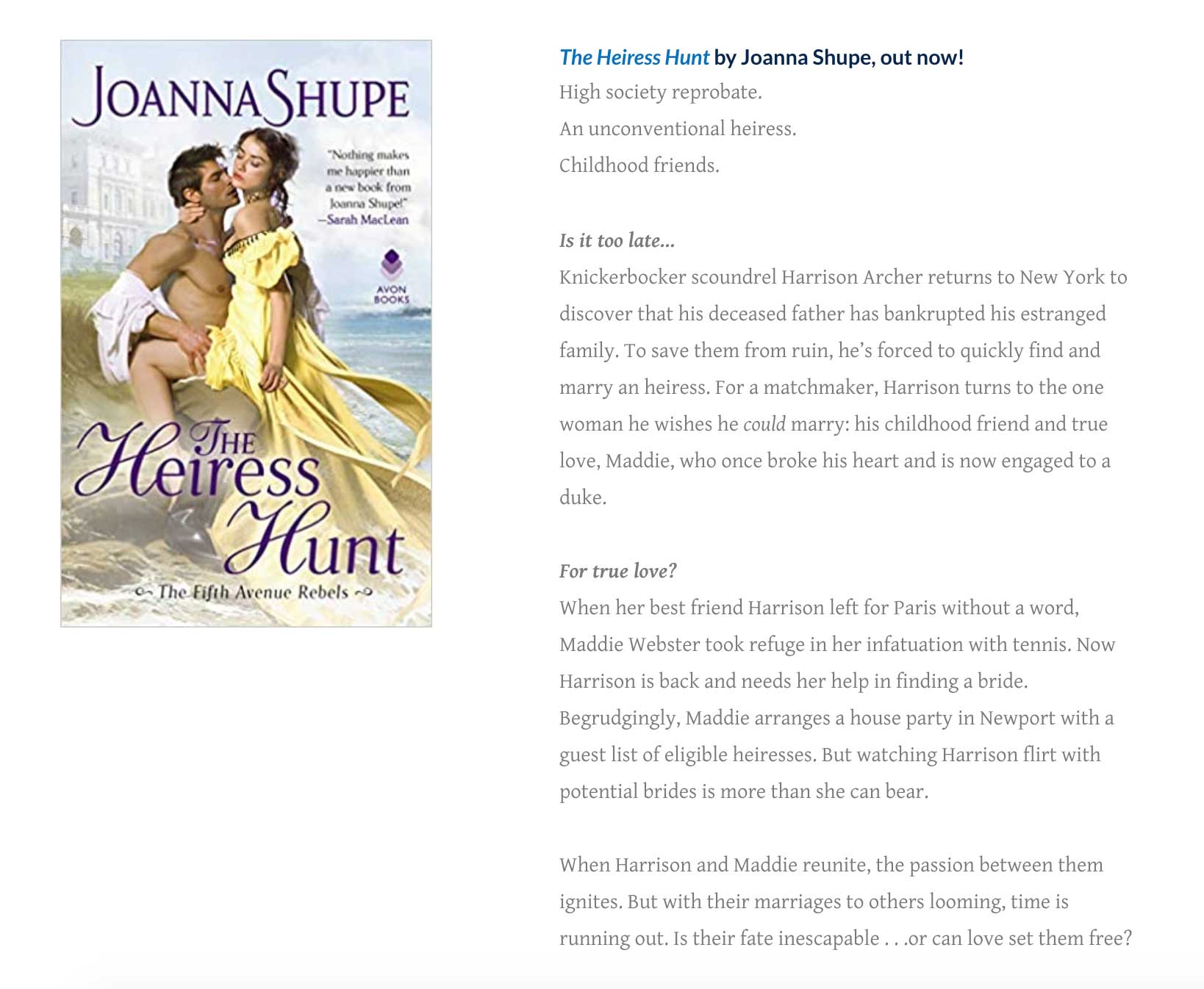
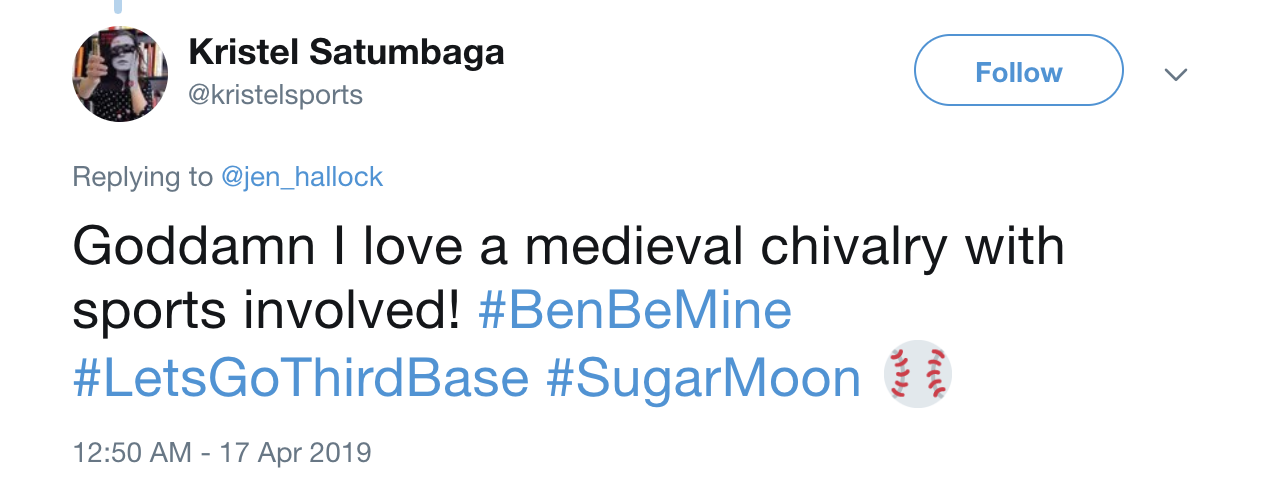
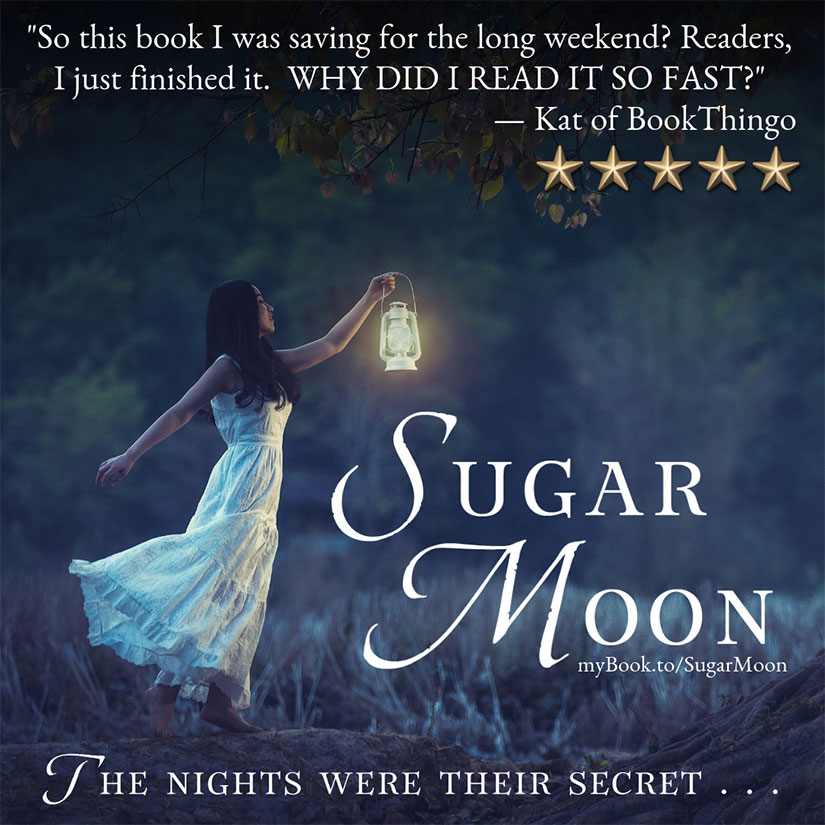
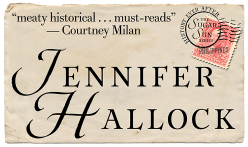



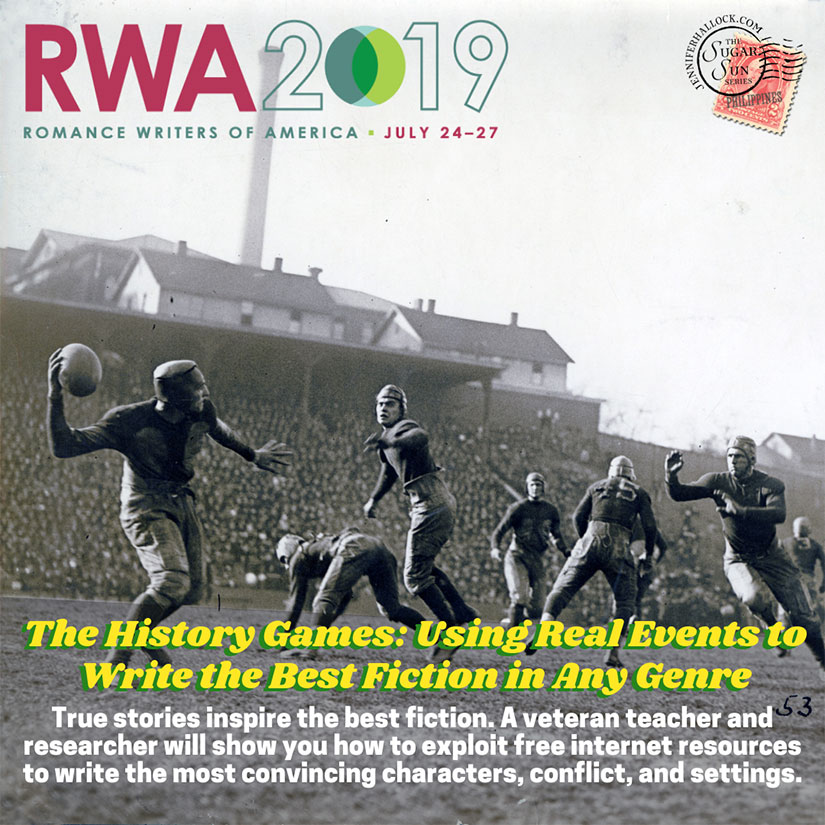
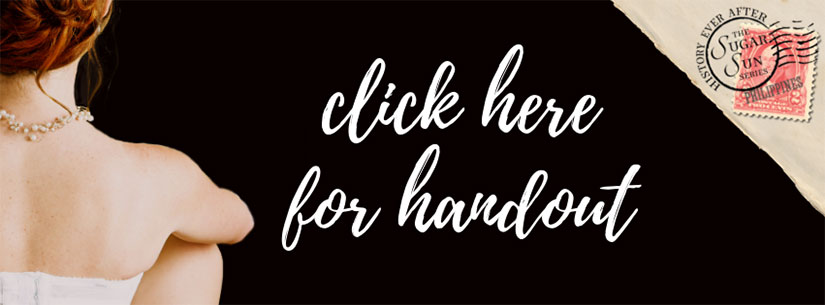
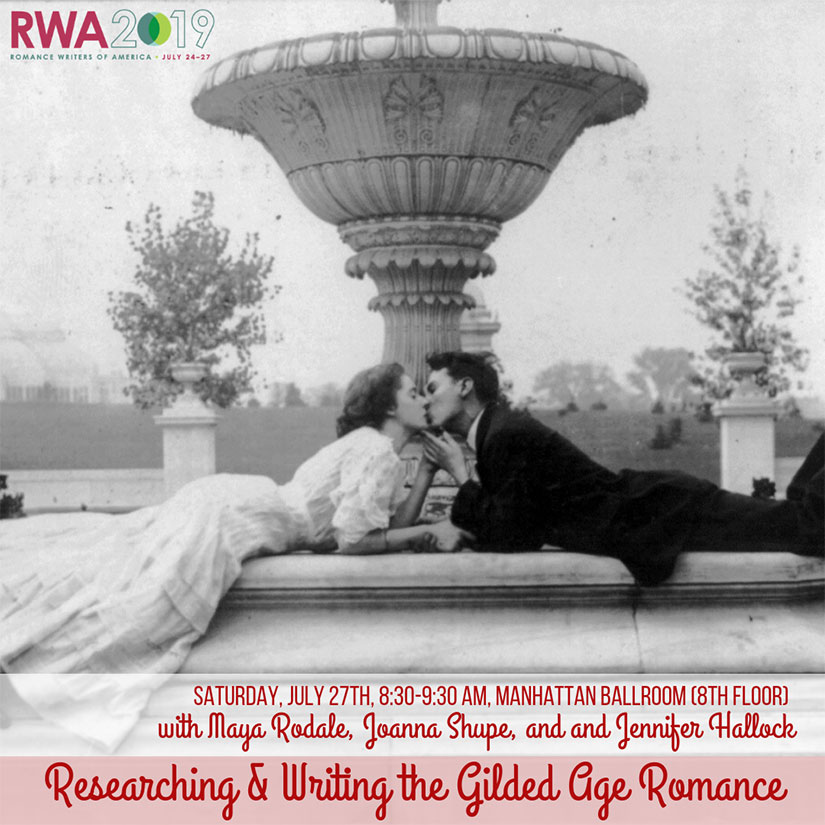
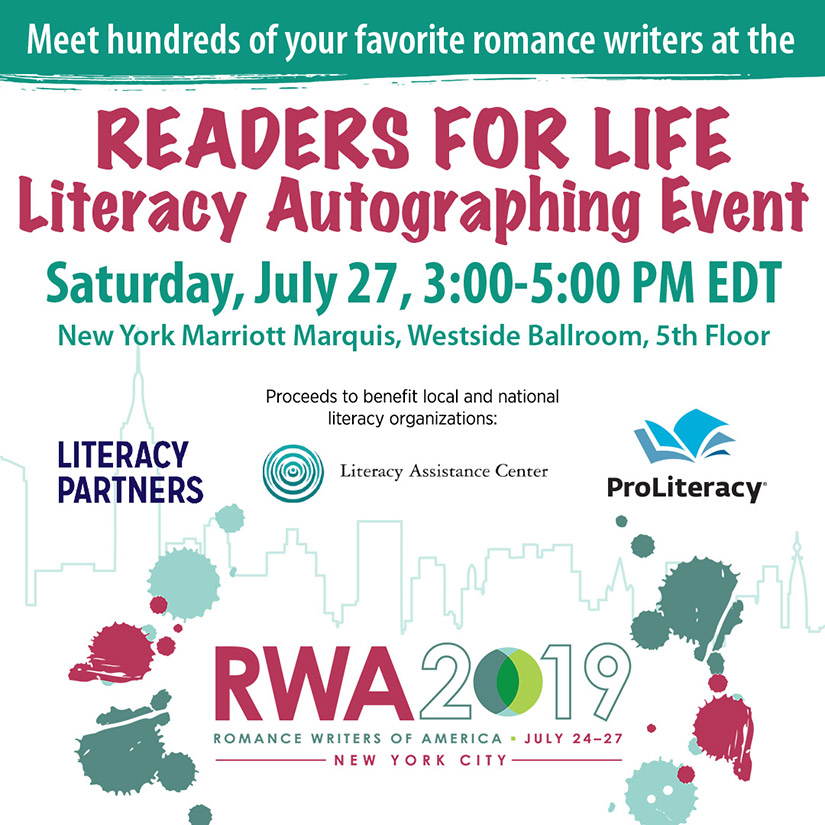

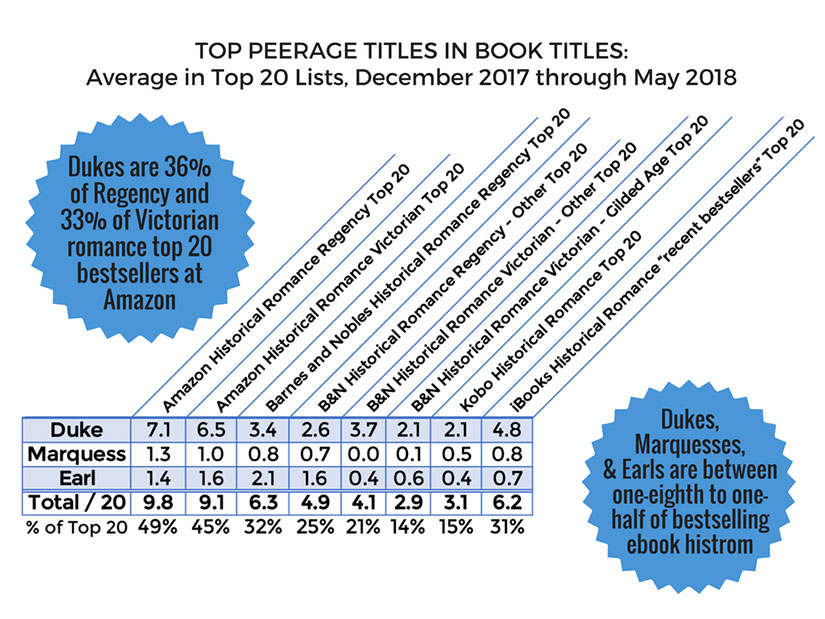 With the royal wedding this past month, I understand the appeal of the royalty-slash-nobility happily ever after—though this wedding was far more inclusive and kick-ass than any Heyer book, I dare say. (While I am thinking of the wedding, let me give a shout out to my good friend Andres for bringing me a commemorative tin of shortbread. I may have been a little excited—ahem—when I received it. However, that “best by” date sticker has me confounded. I mean, really? The tin is what I want. That doesn’t expire. Who the heck cares about the shortbread?)
With the royal wedding this past month, I understand the appeal of the royalty-slash-nobility happily ever after—though this wedding was far more inclusive and kick-ass than any Heyer book, I dare say. (While I am thinking of the wedding, let me give a shout out to my good friend Andres for bringing me a commemorative tin of shortbread. I may have been a little excited—ahem—when I received it. However, that “best by” date sticker has me confounded. I mean, really? The tin is what I want. That doesn’t expire. Who the heck cares about the shortbread?)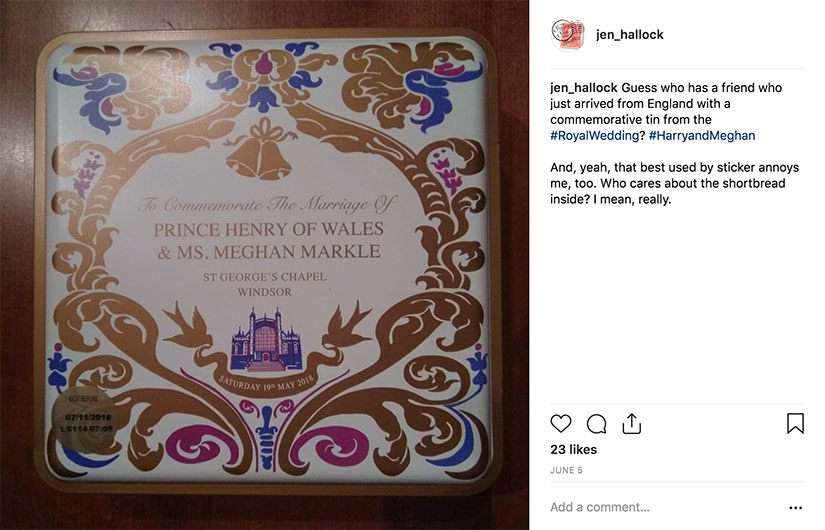
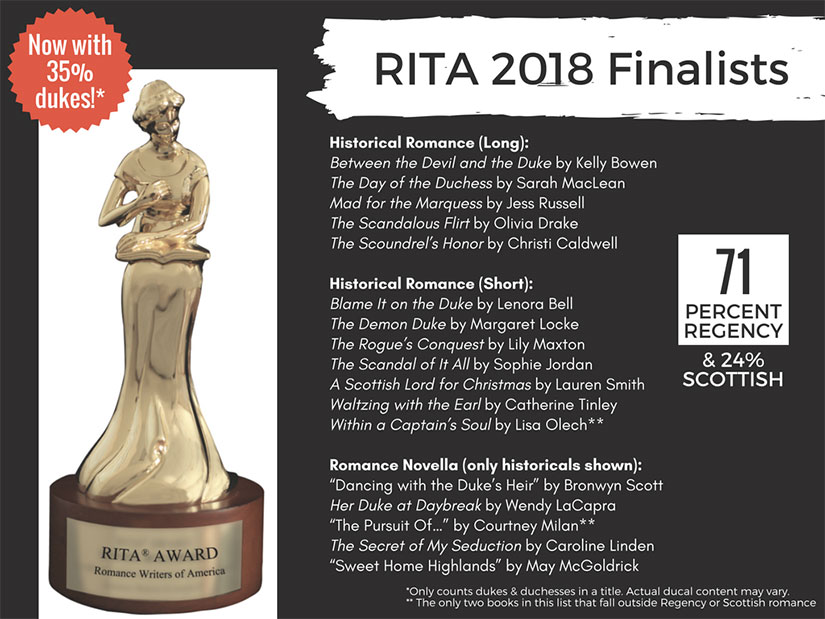
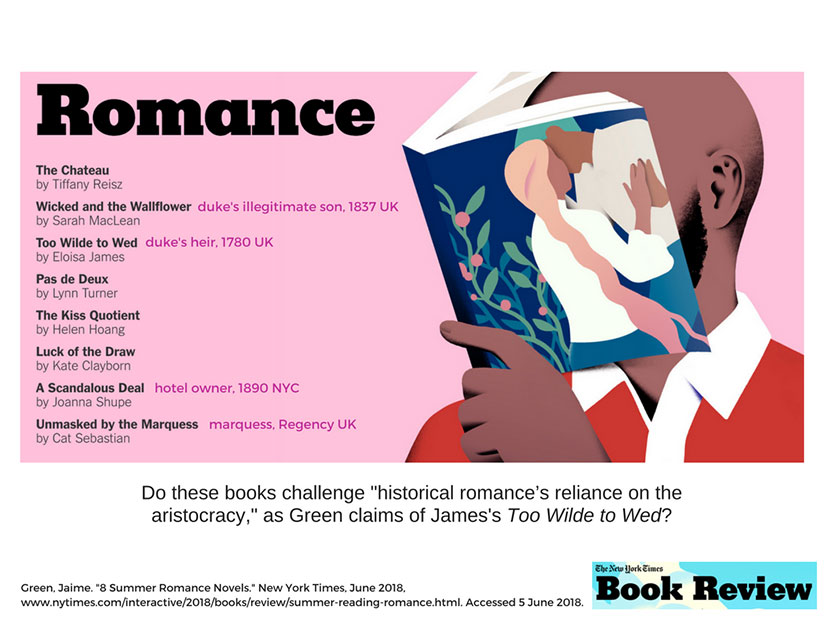 I have no doubt these books are great, and I look forward to reading them. I love all four histrom authors featured, and I have even
I have no doubt these books are great, and I look forward to reading them. I love all four histrom authors featured, and I have even 





